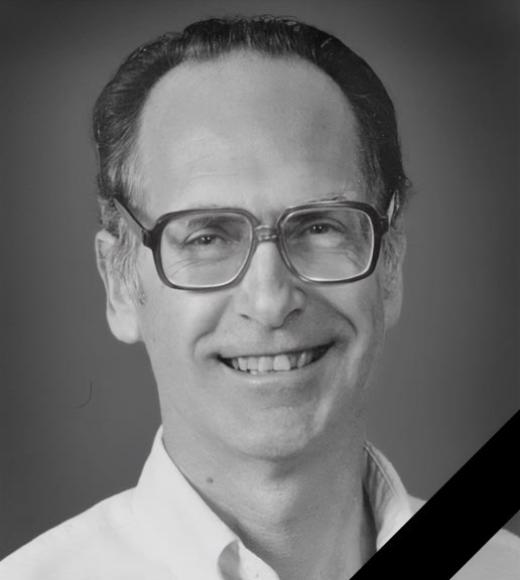
Position Title
In Memoriam
Professor Emeritus
1930-2022
CHARLES A. RAGUSE
Birth: 1930, Shawano, Wisconsin
Death: April 27, 2022, Woodland, California
Education
- Farm Short Course, University of Wisconsin, Madison, 1955
- B.S., University of Wisconsin, Madison
- M.S., University of Wisconsin, Madison
- Ph.D., Agronomy, University of Wisconsin, 1964
Employment
- Department of Agronomy and Range Science, University of California, Davis, 1964–1992
- Assistant to Full Professor
- Research Leader, UC Sierra Field Station, 1964–1992
- Later Sierra Foothill Research and Extension Center, UC SFREC
Research Contributions and Impact
Charles Raguse was a leading forage agronomist and rangeland scientist whose career centered on irrigated pastures and California foothill rangelands. His work began with studies of carbohydrate reserves in legumes and expanded at UC Davis to encompass large-scale systems research.
At the newly established UC Sierra Field Station, Raguse collaborated with colleagues in animal science, soil science, and water management to test rotational grazing systems, irrigated pastures for beef cattle, and the ecology of annual legumes. His research illuminated how pasture and range could be managed to support sustainable livestock production in California’s Mediterranean climate.
Raguse also contributed to long-term studies on subterranean and rose clovers, summer irrigation of legumes, and the effects of abiotic stress on germination and growth. His investigations into the impacts of summer rain on annual range plants advanced the understanding of forage ecology.
His expertise guided the development of a pioneering rangeland water quality management plan and supported the creation of a GIS database documenting decades of research at UC SFREC. His field-based work produced relatively few publications but had an enduring influence on rangeland and pasture management practices across California.
Teaching and Mentorship
Raguse taught courses in forage science and rangeland ecology and management. He mentored graduate students who went on to leadership roles as UC Cooperative Extension Advisors and Specialists, administrators in UC Agriculture and Natural Resources, and federal scientists, including leadership of the USDA’s Resource Assessment Division. His emphasis on applied science and management prepared students to work at the intersection of research and practice.
Collaboration and Community
A collaborative scientist, Raguse partnered with animal scientists, hydrologists, and extension specialists throughout his career. He chaired the UC Sierra Field Station research advisory committee in the 1970s and 1980s, and he remained active in field days and station events long after retirement.
Beyond science, he was known for his historical perspective and deep connection to the Sierra Nevada. An avid photographer and historian, he documented the development of UC SFREC and drafted "Diamond in the Rough: A History of the UC Sierra Field Station," which situated the facility within the broader history of the Gold Rush, land-grant universities, and rangeland science. He also chronicled a 1965 High Sierra pack trip with colleagues in his reflective book, On John Muir Trail: The Confluence of Four Lives on an Epic Journey (2021).
Legacy
Charles Raguse is remembered as both a rigorous scientist and a historian of California’s rangelands. His research on irrigated pastures, clovers, and grazing systems shaped sustainable livestock production practices. His historical writings preserved the institutional memory of UC rangeland research, ensuring that the lessons of the past inform the future.
References
For additional tributes, interviews, and biographies, see the following resources:
